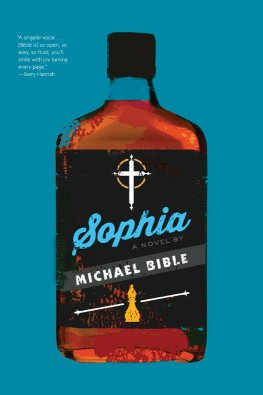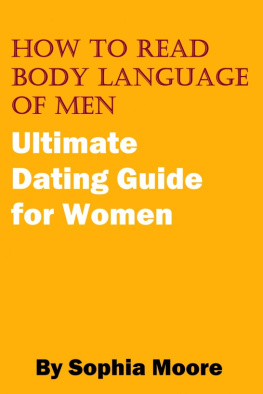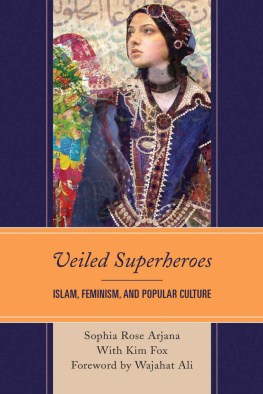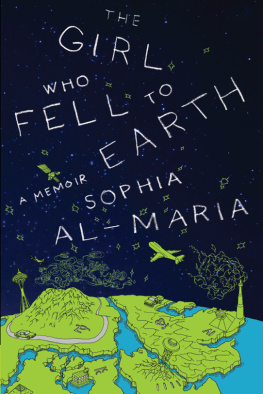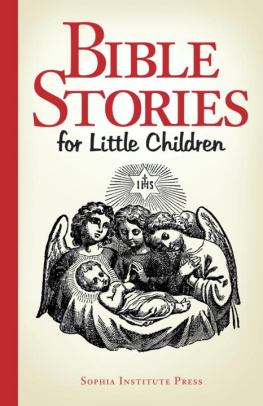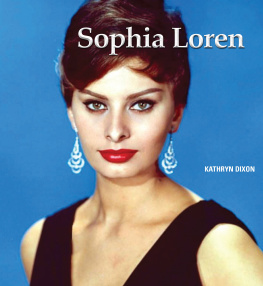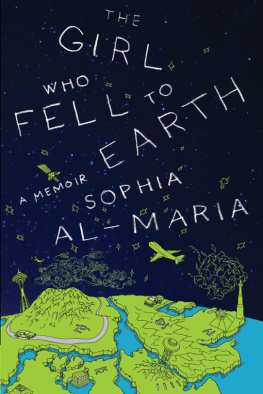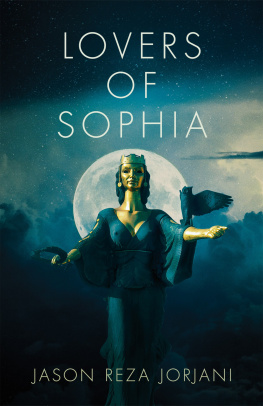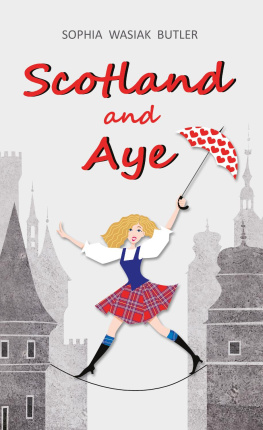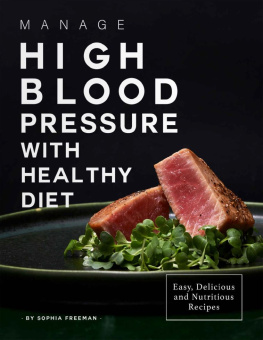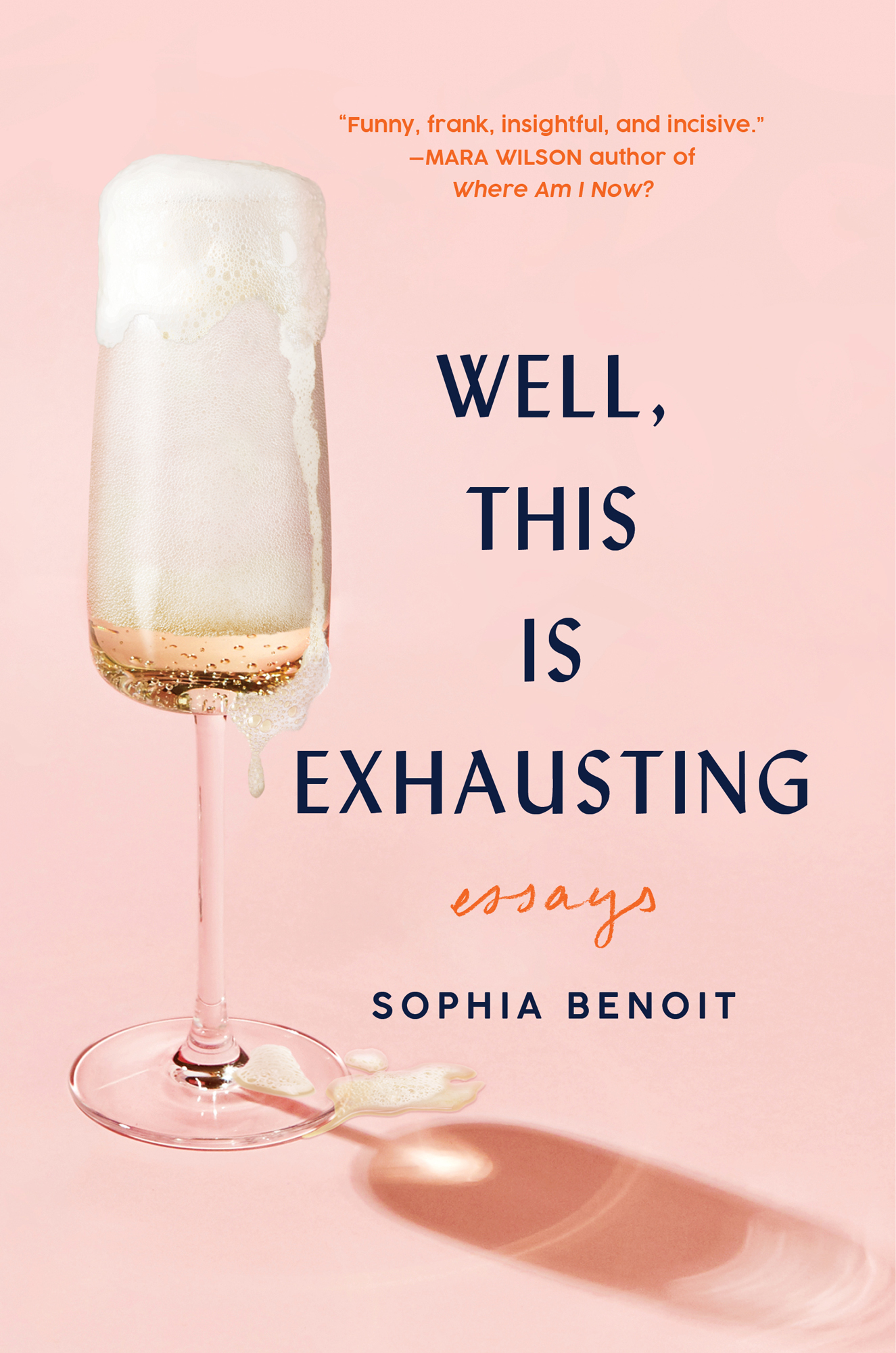Contents
Guide
Funny, frank, insightful, and incisive.
Mara Wilson, author of Where Am I Now?
Well, This Is Exhausting
Essays
Sophia Benoit
For Mom and Papa.
I know I dont say this enough: this is all your fault.
Its a decision a girls gotta make early in life, if shes gonna be a nice girl or a cunt.
Tony Manero, Saturday Night Fever (1977)
Im gonna be real with you, 90 percent of the time when theres a quote at the beginning of the book, its v[ery] esoteric and it makes no fucking sense and doesnt seem to relate to the book at alland even if it did, I havent read the book yet so what the shit do I know.
Sophia Benoit, Twitter (2020)
Introduction
W hen I was about six or seven years old, my dad gifted me The Phantom Tollbooth. This was thrilling because (a) gifts from dads are always thrilling and (b) it was a book. I was a huge reader and I felt very ready to dive into this Important and Grown-Up chapter book. I began reading almost immediately. At least, I tried to. There was one huge problem: The Phantom Tollbooth was boring as shiiiiit. Every few months I would open the book up again and try and try to get into it. My older sister, Lena, had already read it and loved it. My dad had recommended it. I couldnt understand what I was missing. I felt stupid and embarrassed for not liking the book, for not getting the book. The back cover said it was about a bored white boy on a journey, which is what approximately 82 percent of kids books were about until the 90s, but despite reading and rereading the synopsis, I couldnt figure out what the hell was happening in the story.
I put the book aside and went back to The Baby-Sitters Club, but it remained my white whale. I held out hope that someday I would be like Lena and Papa and I would understand The Phantom Tollbooth. A year or two went by. I finally decided to try again. I cracked open the book, flipped past the dedication, and landed on a page titled Introduction, and I started to read it again, except this time I realized something. Something important. I realized what the hell an introduction is. I had been under the assumption that the introduction was part of the story. I had never before read a book that had to introduce itself. I had been trying and trying to get into this book, thinking that this was chapter one; meanwhile, I was reading a bone-dry introduction from the author about his time in the military and how hed asked some other guy, Jules Feiffer, to do the illustrations for the book. I just didnt realize that an introduction was a whole separate thing. I know!!! Dumb bitch alert!!! Once I skipped ahead and got to the actual story, I loved The Phantom Tollbooth.
From that point on, I had quite the vendetta against introductions. For many, many years I simply leapfrogged right over them, assuming, often rightfully, that I wouldnt need the information therewithin. Then I grew up some more and figured reading the intro was the right thing to do, so I forced myself to. Some of them are still bone-dry. Sometimes authors use the intro to just lay out everything youre going to learn in the book and then whats the point of even reading the book? The best introduction in my mind would be one that shares a juicy piece of gossip or drama, although authors dont usually do that. On the whole, I think we could live without intros.
Well, guess what? Im finally publishing my own book and Im going to do what I want. No one can stop me! Im a rascal! And also my editor explicitly told me: You have to have an introduction. So now I just have to transition from this meta diatribe against introductions into the real introduction, where I outline the Big Themes, reminisce about my military career, and tell a raucous tale of how Jules Feiffer declined to do illustrations for this book.
Perhaps because of my historically anti-intro stance, I was a bit lost on how to actually introduce my own book, so I made a semi-frantic call to my aforementioned editor and said, Okay, so be honest what the fuck am I supposed to write? (Note: it is not the job of the editor to tell you what to write.) And she was very kindly like, The introduction should serve as a meditation on who you are and why you wrote this book. So lets do that. I think I was supposed to be more subtle than thisin fact, my editor explicitly was like, Dont come right out and say itbut if this part is in the book youre holding, I can assume that my editor felt shed allow this to pass, that there were bigger fish to fry. Someone had to talk me out of titling the book The Da Vinci Code 2: Guess What, You Can Name Your Book Anything, so you can imagine there was a lot of work to be done behind the scenes.
About five years ago, when I first set out to write this book, most of the funny nonfiction books Id read by womenof which I have read manywere chockablock full of women being a mess. They were stories of disastrous one-night stands, raucous parties with minor celebrities, charming (insanely privileged) tales of twentysomething white women getting fired from shitty jobs and moving back home for a month before getting offered a salaried gig with health insurance in the big city. Everyone, I felt, had a story about a bad breakup, mountains of cocaine, a sketchy hostel on a European vacation, the alienation of people you love, and the morning-after pill; sometimes that was all one story. To me, this was the template. Take your craziest, funniest stories, the stories that painted you in a kind-of-bad-but-not-too-bad light, put em in a bag, shake em up, and youve got a memoir. Youre a person to whom things have happened.
I dont have those stories.
A couple of years ago, at my friend Tams house, her cool artist-musician friends were planning that they were going to do cocaine at Tams bachelorette party the next week, where we were all going to get together and go to a Chippendales show. Someone took an informal poll of who was going to do coke, and they asked me if I was going to join and I said no because Im a little baby and I had never seen cocaine in real life before let alone done it, and they kept encouraging me to try coke for the first time next week before we went to the show and I got so overwhelmed that I cried.
I cried when offered cocaine a week in advance.
And somehow I spent years trying to write a book about all the funny, crazy, wild things that happened to me. The truth is, those things didnt happen, because the reality is: I am a careful person. I weigh risks, and when in doubt, I err on the side of staying home and watching To All the Boys Ive Loved Before for the thirty-eighth time. Once I finally admitted to myself that Im not exactly a Wild Fun Person and therefore cannot write a book about being a Wild Fun Person, a lot of things opened up. I realized the very obvious concept: You Should Write the Truth, Sophia, Not What You Want the Truth to Be. I realized I had all of these actual stories and viewpoints and philosophies inside that I had been thinking (complaining) about for years and years. Most of what they amounted to is this: no matter how good you are, no matter how well you behave, no matter how few risks you take, you will get hurt. Youll feel left out. Youll be lonely. Youll wish you had more friends as an adult. Youll get acne on your chin. Youll feel like your boss hates you. Youll get a bunch of parking tickets. Youll never get it right.


